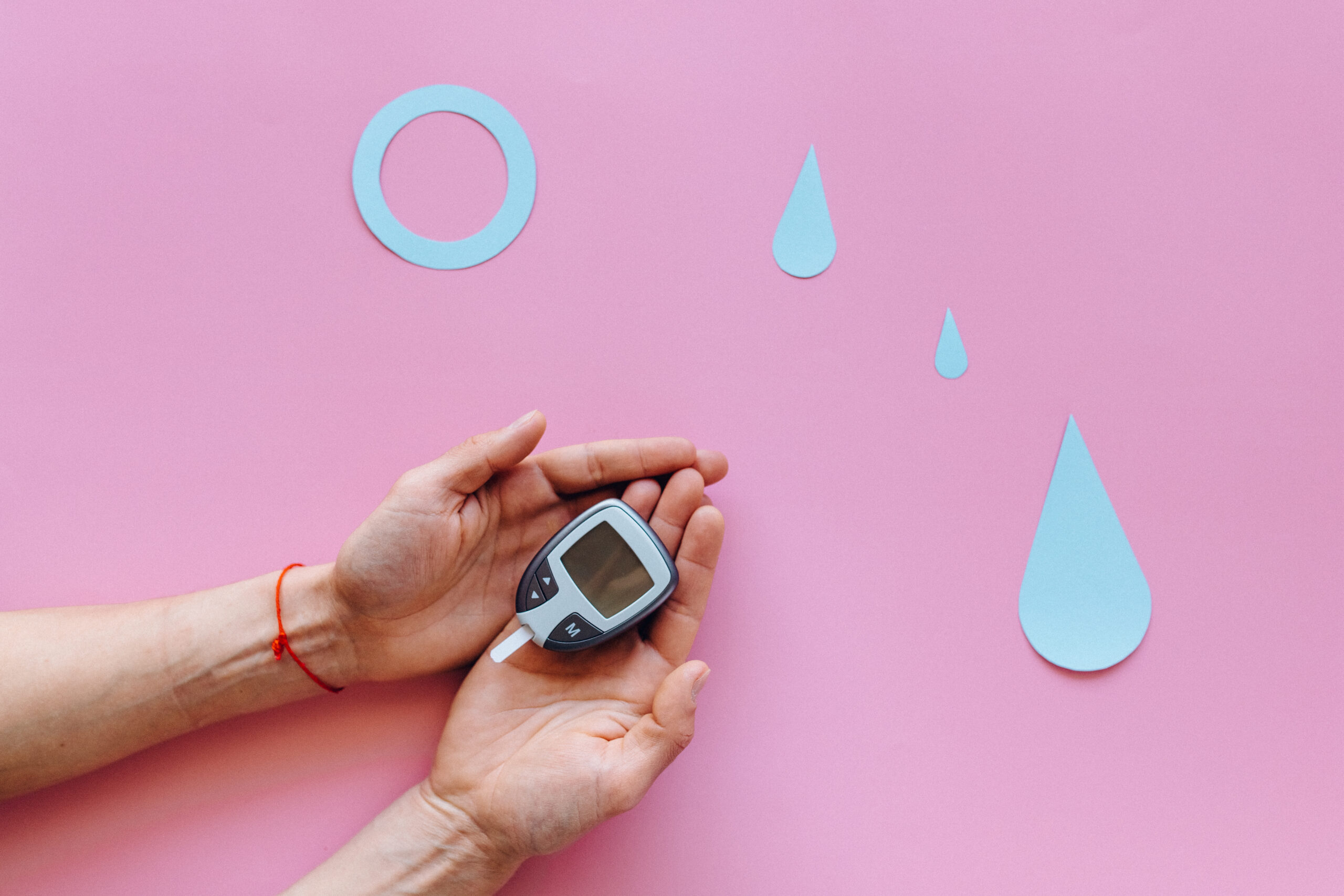Can hyperthyroidism cause low blood pressure?
Title: Can Hyperthyroidism Cause Low Blood Pressure?
Introduction:Hyperthyroidism is a condition characterized by the overproduction of thyroid hormones by the thyroid gland. These hormones play a crucial role in regulating the body’s metabolism and various bodily functions. One of the lesser-known effects of hyperthyroidism is its impact on blood pressure levels. While it is commonly associated with high blood pressure, there are cases where hyperthyroidism can cause low blood pressure. In this blog, we will explore how hyperthyroidism can potentially lead to low blood pressure and its implications on overall health.
Understanding Hyperthyroidism:Before delving into the connection between hyperthyroidism and low blood pressure, let’s briefly comprehend hyperthyroidism itself. This condition is primarily caused by an overactive thyroid gland, which results in excessive production of thyroid hormones such as thyroxine (T4) and triiodothyronine (T3). Common symptoms of hyperthyroidism include rapid weight loss, increased heart rate, anxiety, irritability, and increased sweating.
Hyperthyroidism and Blood Pressure:Typically, people with hyperthyroidism often experience an elevation in blood pressure due to the increased cardiac output and peripheral vascular resistance caused by the excess thyroid hormones. However, in some cases, particularly when the hyperthyroidism is severe or left untreated, it can lead to low blood pressure.
Several factors contribute to this phenomenon:
1. Decreased Peripheral Vascular Resistance: Thyroid hormones have a direct impact on the blood vessels, causing them to dilate. This dilation may reduce peripheral vascular resistance, which can subsequently result in lower blood pressure.
2. Increased Heart Rate: Hyperthyroidism often leads to an increased heart rate, known as tachycardia. When the heart beats faster, it may not have enough time to fill with an adequate amount of blood, resulting in reduced blood volume and subsequently, low blood pressure.
3. Fluid Loss: Profuse sweating is a common symptom of hyperthyroidism, leading to dehydration and fluid loss. This diminished fluid volume can contribute to low blood pressure.
Implications and Management:Low blood pressure caused by hyperthyroidism can have various implications on overall health:
1. Increased risk of dizziness and fainting episodes.2. Reduced blood flow to vital organs, potentially leading to organ damage.3. Complications during surgical procedures or anesthesia.
To manage low blood pressure associated with hyperthyroidism, it is essential to address the underlying thyroid condition. Treatment options for hyperthyroidism may include:
1. Medications: Antithyroid medications can help regulate the production of thyroid hormones.2. Radioactive Iodine Therapy: This procedure aims to destroy the overactive cells in the thyroid gland.3. Thyroid Surgery: In select cases, surgical removal of the thyroid gland may be necessary.
In addition to treating the thyroid disorder, managing the symptoms of low blood pressure is crucial. This can involve:
1. Staying hydrated: Drinking enough fluids to counterbalance the fluid loss caused by hyperthyroidism.2. Consuming a nutrient-rich diet: Ensuring adequate salt and mineral intake can help maintain blood volume and stabilize blood pressure.3. Wearing compression stockings: These can help prevent blood from pooling in the extremities and improve blood circulation.4. Engaging in regular exercise: Consult with your healthcare provider to determine appropriate exercises that can help regulate blood pressure.
Conclusion:While hyperthyroidism is commonly associated with high blood pressure, it is important to acknowledge that it can also cause low blood pressure in certain cases. The excessive production of thyroid hormones and the resultant impact on blood vessels and heart rate contribute to this phenomenon. Identifying and treating the underlying thyroid disorder is crucial in managing low blood pressure associated with hyperthyroidism. If you suspect you may have hyperthyroidism, consult with a healthcare professional for proper diagnosis and management of your condition.



